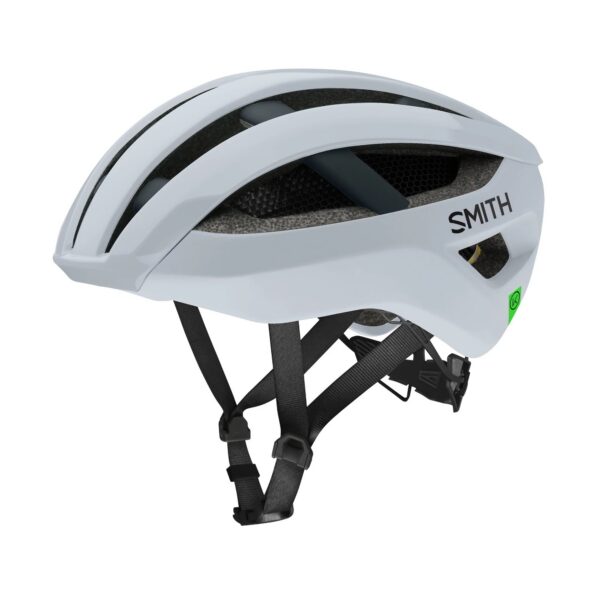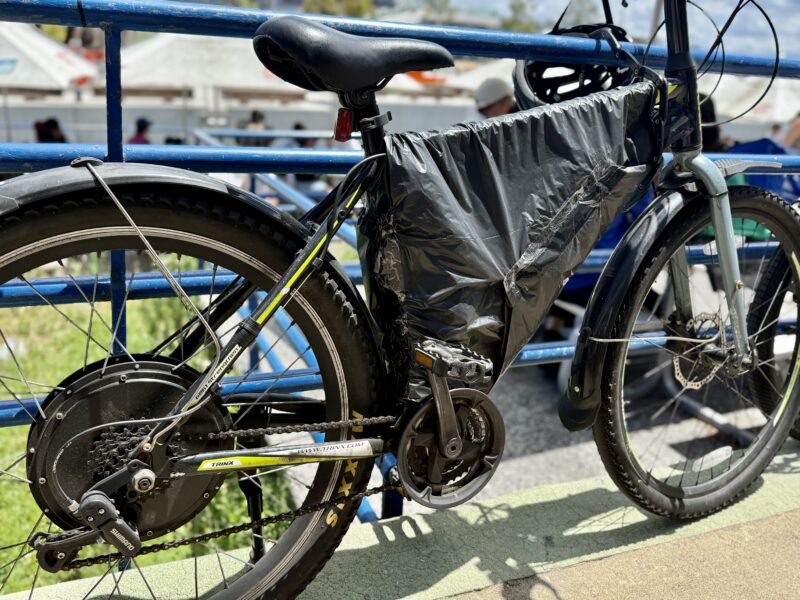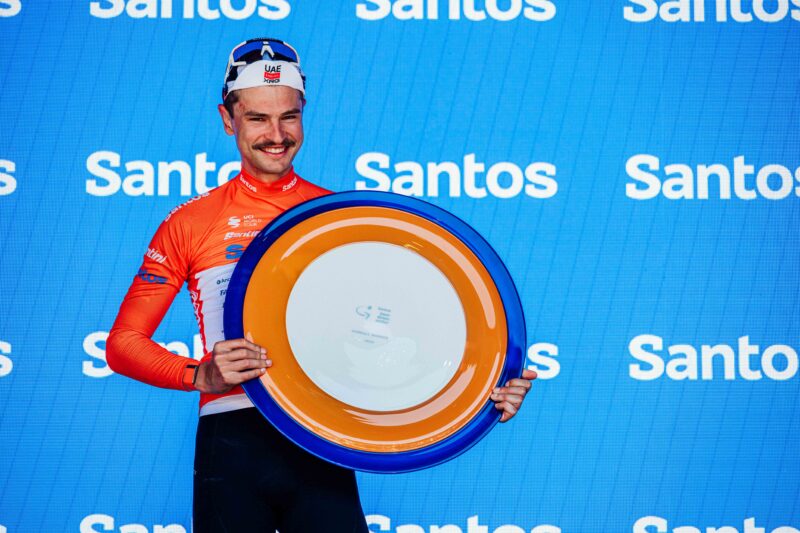Riding in the Antarctic – TDA Global Cycling’s ‘The Last Degree’
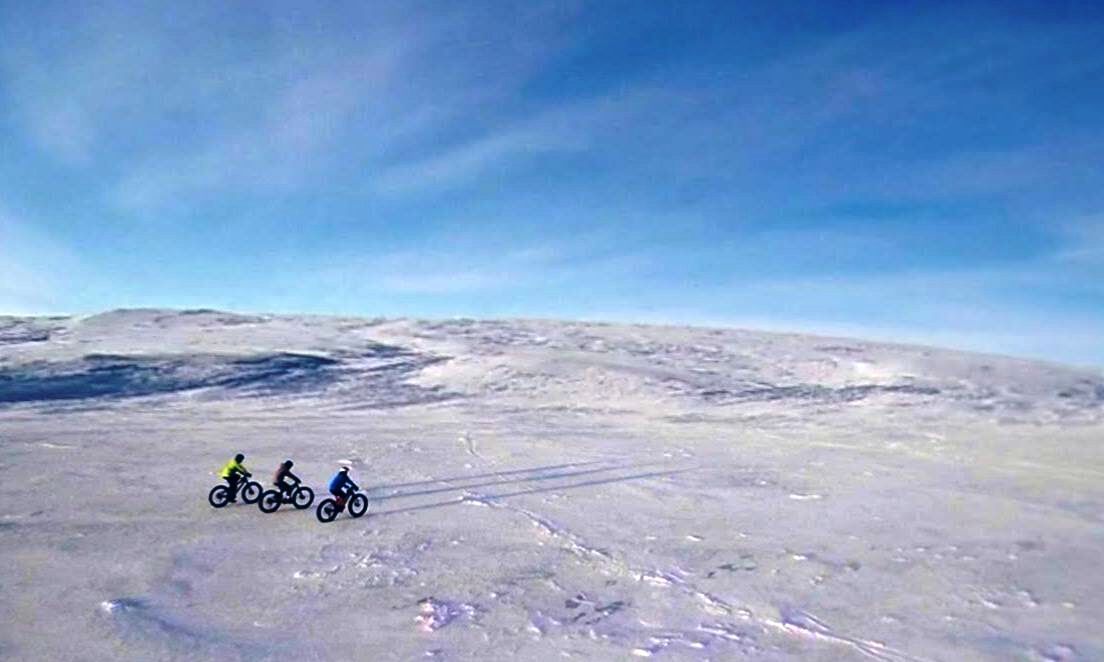
Iain Treloar interviews the founder of Canadian bike tour company TDA Global Cycling about their audacious new tour to the South Pole.
When you think of cycling tours, chances are you’re imagining something like a leisurely trundle on a sun-dappled rail trail, a long lunch and a cosy bed at the end of the day’s ride. Perhaps you’ve got a more extreme interpretation of this, which might involve staying in a tent and going a little further off the beaten track. But it’s a rare bike tourer that would consider a trip to Antarctica, and rarer still that would be able to pull it off.
The Canadian bike-tour company, TDA Global Cycling (formerly Tour d’Afrique), has a legacy of audacity; their speciality is transcontinental epics. Founded in 2003, the company’s first trip was the Tour d’Afrique, a never-before-attempted ride from Cairo to Capetown. They’ve since added rides around most of the world—the Silk Route from Beijing to Istanbul, for instance, which is 12,280km through 10 countries over about five months—but Antarctica was the one continent that was missing from their itinerary. Not one to shy from a challenge, they’re putting on the first ever group cycling trip to the South Pole in December 2016.
If you’re reading this and wondering about the logistics that go into a venture like this, you’re not alone. We interviewed TDA Global Cycling founder and director, Henry Gold, to find out more.
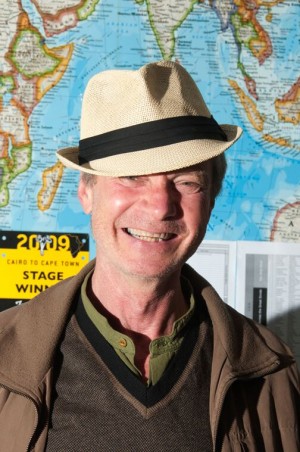
Gold has had an interesting life, from growing up in communist Czechoslavakia to moving to Canada, becoming an engineer by trade, establishing an aid agency, and co-producing three award-winning documentaries. Since founding TDA Global Cycling, he’s crossed six continents by bike.
Ride On: How has interest been so far?
Gold: We’ve been pleasantly surprised with the level of interest in this tour. It’s been capturing the imaginations of those who relish the thought of completing tough challenges. Then of course there’s the lure of an extreme and inhospitable environment like Antarctica; for many it’s actually far more appealing than the average beach holiday.
How many riders do you expect to have taking on the challenge?
We hope to have 10 riders on the first iteration. If there is more interest, then we can follow up with a second and even third group one after another.
For riders from temperate climates like Australia, the conditions that will be encountered are almost unfathomable. How do you train for something like this? Is it something that people need to be extremely fit for, or is determination and the right attitude enough to get by?
Antarctica isn’t a continent you exert your will onto and expect to dominate your environment.
While being physically fit is important, there are other factors to take into consideration. Working as a team, tolerating hours of hearing nothing but the wind and the chatter inside your mind, and possibly even waiting out some adverse weather.
We’ll be advising all our participants on appropriate training regimes, but we also think that taking time to learn to meditate or practice yoga will be helpful. Cycling The Last Degree is perhaps more about mental fortitude than it is about physical strength and endurance.
What level of comfort is there in the living conditions, or is ‘comfort’ a relative term in the Antarctic?
There are few comforts. We’ll be sleeping in two person tents, cycling during the day, and trying to stay warm in the evening. Canada Goose is generously supplying jackets to all participants to help us keep in the body heat.
How does one stay hydrated in below-freezing conditions?
We’ll be making sure that the expedition takes on at least six litres of water a day. Despite being freezing cold, Antarctica is still a deser,t so dehydration is a very real concern. We’ll also have soup on hand which helps with dehydration as well as providing a few much needed extra calories.
What equipment is supplied, and what do participants need to bring themselves?
Fat bikes from Specialized, coats from Canada Goose, tents, freeze dried rations, and camp stoves will all be supplied. Riders should bring boots and their own clothing. We’ve created a webpage that details everything here.
TDA Global Cycling has experience taking groups into challenging environments around the world. How much of this experience are you able to draw on in planning The Last Degree, or is it a completely new set of difficulties?
It is a bit of both. As with anything in life the more you know, the more you have experienced, the better you are at dealing with new challenges. But Antarctica is a very different environment and it presents its own unique challenges. At the same time there exists a whole group of people who have experience in the Arctic and Antarctica so we very much draw on their knowledge and experience.
What are the contingencies in case something goes wrong, and how far away is help or evacuation in the case of emergency?
We are partnered with ALE (Antarctica Logistics and Expeditions) who have years of experience taking groups on tours of different sizes on Antarctica. They have the planes and emergency resources required – but it comes at a cost so riders need good insurance to take part.
Will you be taking part yourself?
I am planning to be on the ‘boot camp –training camp’ on Lake Winnipeg in February 2016. If I feel that I can do it, I will go. I certainly have limitations and want to make sure that I am capable of doing it. I had a very serious injury 5 years ago – a wild elephant in India charged me – so I will be testing my capabilities.
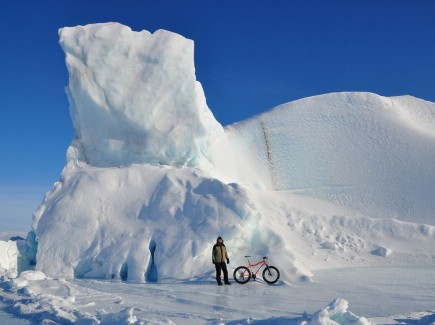
The Last Degree is accepting registrations now; it’s certainly not cheap, but it’s once-in-a-lifetime. Visit tdaglobalcycling.com for more information.
Ride On content is editorially independent, but is supported financially by members of Bicycle Network. If you enjoy our articles and want to support the future publication of high-quality content, please consider helping out by becoming a member.



